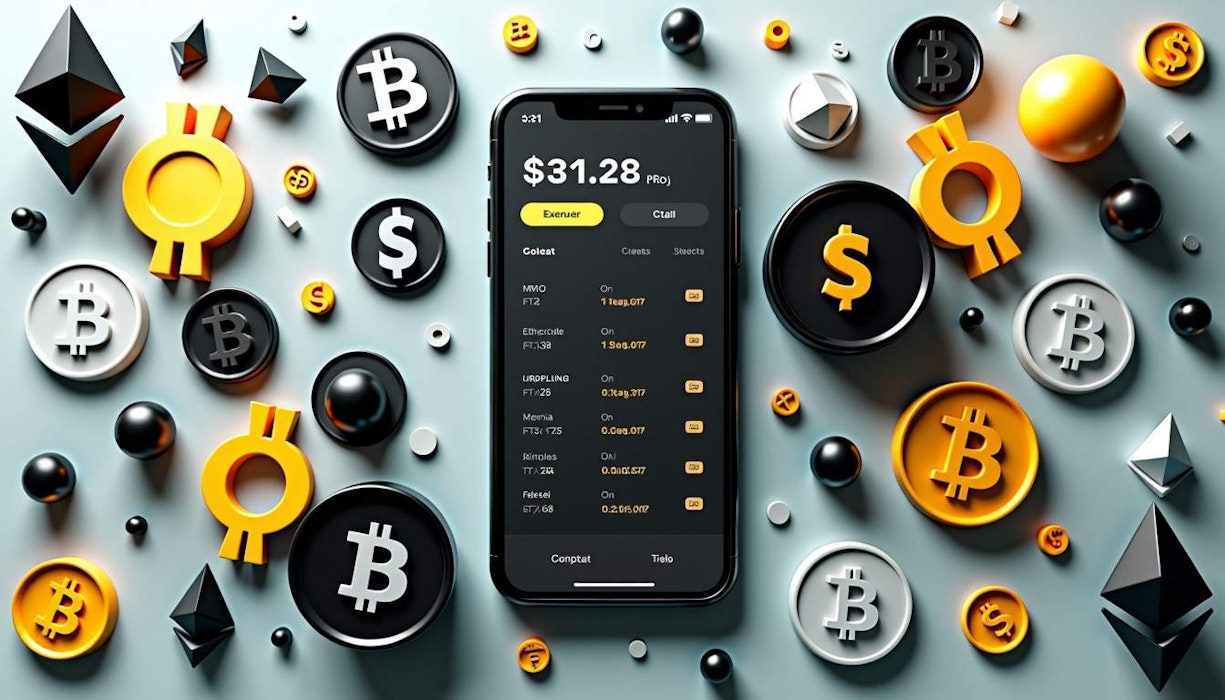The recent sanctions imposed by the US government on two Russian crypto exchanges have stirred quite a conversation in the crypto community. As someone who's been around the block a few times, I can see both sides of the coin here. On one hand, it's an effective tool for the US to curb illicit finance; on the other, it complicates things for many innocent users. Let’s dive deeper into what these sanctions mean and how they affect peer-to-peer (p2p) exchanges, especially those based in the USA.
Understanding the Sanctions
What exactly happened? The US Treasury Department essentially blacklisted PM2BTC and Cryptex along with their operators. According to reports, these platforms are allegedly processing proceeds from ransomware attacks and other shady activities. PM2BTC is said to be particularly notorious, handling a lot of dirty money according to Chainalysis.
These sanctions block all property of designated persons in the US or under US control. And guess what? They also prohibit any transactions that could facilitate evasion of these sanctions. This is where it gets tricky for p2p crypto exchanges operating in or out of Russia.
The Fallout for P2P Exchanges
With these new restrictions, you can bet that many exchanges are scrambling to ensure they're not inadvertently connected to sanctioned entities. It’s like playing whack-a-mole with compliance issues!
For p2p crypto exchanges in particular, this means ramping up their monitoring systems to avoid being caught in the crossfire. After all, no one wants to end up like Bitpapa or NetEx24—those platforms are now officially off-limits.
Why Are US-Based Exchanges Looking Better?
If there was ever a time for US-based crypto exchanges to shine, it’s now! These platforms are generally seen as safer havens for several reasons:
First off, they’re subject to stricter regulatory scrutiny. You’ve got agencies like FinCEN breathing down your neck if you’re operating one of those legal US crypto exchanges! Compliance with Anti-Money Laundering (AML) and Know Your Customer (KYC) laws is practically baked into their business models.
Secondly, many of these exchanges are transparent about their operations and even publish audit results. That kind of openness builds trust—something that’s sorely lacking in some of the more obscure platforms out there.
Lastly, some even have insurance policies in place for users! Sure, it’s not foolproof but at least it shows they’re taking security seriously.
The Bigger Picture: Costs and Compliance
One interesting angle here is how these sanctions affect cryptocurrency money transfer costs overall.
For one thing, liquidity has taken a hit! Many large exchange services have pulled out of Russia completely since those EU sanctions back in October 2022. Swapping large amounts into rubles has become significantly more complicated—and expensive!
Then there are smaller platforms still operating that lack robust compliance measures; using those feels like walking through a minefield blindfolded!
Summary: A Call for Vigilance
In summary, while I can appreciate the effectiveness of such measures from a geopolitical standpoint, it's clear that innocent users caught in the web will face increased costs and complications navigating this new landscape.
As we move forward into an increasingly regulated world—whether you're using a p2p crypto exchange or just trying to send some digital cash across borders—staying informed about these developments is crucial.
